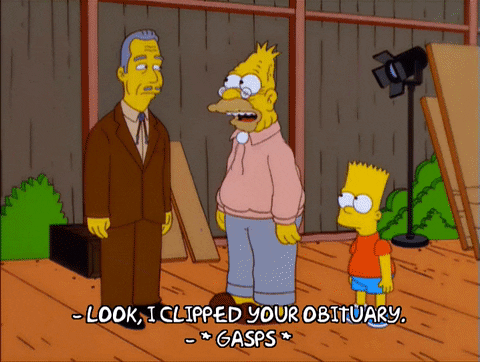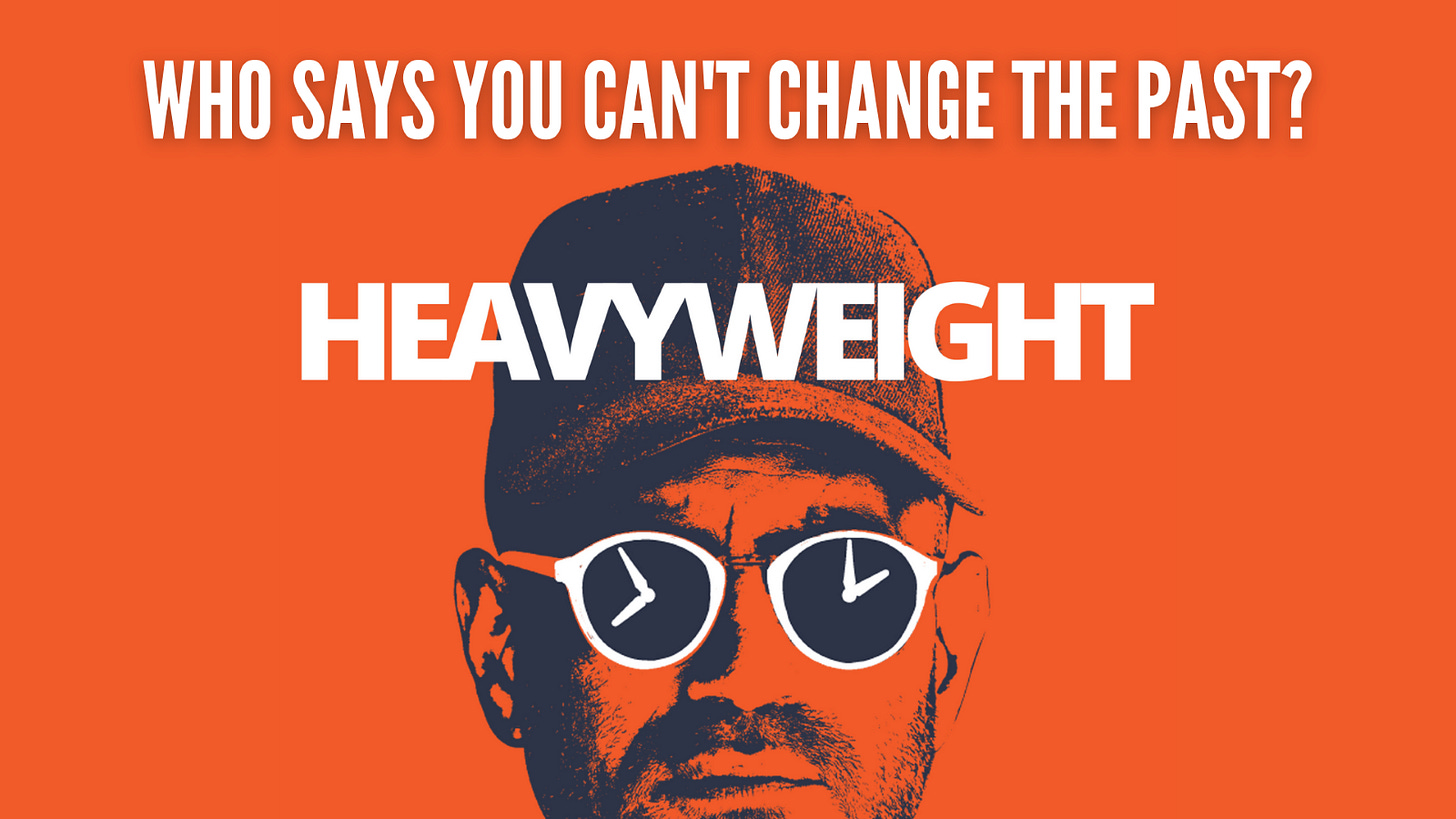What obituaries say about us
Plus, what it takes to be a baby whisperer
BRAIN WAVES
Read it and weep. What makes a life feel meaningful? A new study looked at tens of millions of obituaries in the U.S. over the past 30 years and found they reveal a lot about what we value as a society. Turns out, qualities like tradition and kindness were the most common themes in how people were remembered. Values shifted depending on things like age, gender, and major events like 9/11, the 2008 financial crash, and the COVID-19 pandemic. For example, during the pandemic, mentions of kindness dropped while tradition became more prominent, especially in obituaries linked to COVID. It shows that how we’re remembered isn’t just about who we were — it’s also shaped by the world we lived in. “Obituaries serve as a unique source of information about how societies value different kinds of lives,” said lead author David Markowitz.
Baby talk. Babies, watch and learn. A new study from UC Davis found that when parents talk to their babies using both words and gestures, it really grabs their attention. Researchers tracked the eye movements of 49 infants while their parents played with animal puzzles. Just saying a word like “bear” held a baby’s gaze for about four seconds. Add a spatial word like “here” or “there,” and it bumped up to six seconds. But when parents pointed or gestured, babies stayed locked in for more than eight seconds. That’s a big jump, and it suggests that how we speak and move around babies can shape their early understanding of space and possibly boost how they understand the world around them. So next time you’re chatting with a little one, don’t be shy about pointing and gesturing. Chances are, they’re soaking it all in.
Old times. Aging isn’t just a biological process. Our outlooks and emotions also change as we age, often in ways that boost our well-being. Listen to learn more.
ON THE HIDDEN BRAIN PODCAST
Passion vs. Paycheck: The idea of being driven by a calling goes back centuries. It was the language used to describe religious people who were called to the priesthood. Today, millions of people in secular professions yearn to be similarly galvanized by their work. This week, researcher Jennifer Tosti-Kharas explores the immense power — and the downsides — of finding a job that gives you purpose.
ON THE MY UNSUNG HERO PODCAST
Tanya Eby’s Story: When she was in the sixth grade, Tanya’s world was unraveling. One day, overcome with grief, she cried in class — and her teacher, Mrs. Welch, wrapped Tanya in a hug.
Don’t forget to send us the story of your unsung hero! Record a voice memo on your phone and email it to myunsunghero@hiddenbrain.org.
SOMETIMES THE PAST ISN’T OVER...IT’S JUST UNFINISHED
Have you ever found yourself replaying a moment from your past and wondering what could’ve gone differently? Heavyweight is the podcast that explores that very question. Balancing humor and empathy, host Jonathan Goldstein travels back in time with people to revisit a defining regret, lost connection, or unsolved mystery from their life—maybe it’s a friendship that ended without closure, or a mistake that never received an apology—and he tries to help them make it right. This season: a teenage bank robber, a Hollywood imposter, and a 102-year-old woman rediscovering first love. Listen to the all-new season of Heavyweight now.
HIDDEN BRAIN ON TOUR!
The Hidden Brain tour continues, but we will be wrapping up in just a few short months. Don’t miss your chance to get tickets! Join our host Shankar Vedantam as he brings seven key insights from the first decade of Hidden Brain to the stage. Our final stops:
MIND GAMES
A man fell off a 20-foot ladder but did not get hurt. Why not?
LAST WEEK’S PUZZLE
When you need me, you throw me away. When you don’t need me, you bring me back. What am I?
The answer: An anchor
Have an idea for Hidden Brain? A story you want to share with us? Send an email to ideas@hiddenbrain.org. Listen to us on Spotify, Apple, Amazon Music or your favorite podcast platform.



